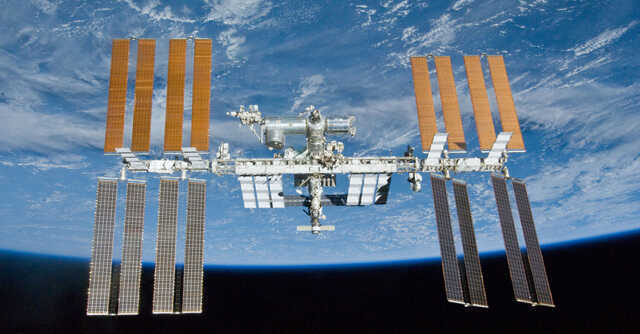
Nasa will not have a permanent space station after 2030


The International Space Station (ISS) is scheduled to be decommissioned in 2030, according to present estimates from the National Aeronautics and Space Administration (Nasa). Interestingly, according to the heads of ISS and other divisions at Nasa, the American space agency will not build a second space platform to replace ISS – and instead hitch rides on commercial missions to save expenses.
Robyn Gatens, the ISS director at Nasa, said in a statement earlier this week, “The third decade (of ISS) is one of results, building on our successful global partnership to verify exploration and human research technologies to support deep space exploration, continue to return medical and environmental benefits to humanity, and lay the groundwork for a commercial future in low-Earth orbit. We look forward to maximising these returns from the space station through 2030 while planning for transition to commercial space destinations that will follow.”
In other words, USA, so far the biggest investors in space related ventures, will cease to have a permanent platform in space going forward. Instead, Nasa says that going forward, it expects to see “one or multiple” space platforms operated commercially by private companies – to be deployed in low-Earth orbit in the coming years. Whenever it needs to fly its astronauts to space for its research missions, it would commission one such platform for this purpose.

A previous Nasa estimate suggested that taking such a route would save the agency $1.3 billion every year, which it would then invest to ramp up its deep space exploration initiatives.
The agency’s approach reflects how global space missions are being increasingly privatised, to streamline costs and returns in an increasing space economy. In India, for instance, commercial missions have been diverted away from the central agency, the Indian Space Research Organisation (Isro). While the latter continues to be pivotal to research, private startups are slowly picking up pace to catch up with the rest of the world in terms of commercial missions. In 2022 itself, two Indian startups, Skyroot Aerospace and Agnikul Cosmos, are expected to make their first launches.
Interestingly, USA’s move comes at a time when China, also one of the biggest companies in the global space industry, is set to start operating its own space station, Tiangong, later this year. India, still a fledgling space presence in comparison, has expressed its interest to have its own space station as well by 2030. In contrast, Russia decommissioned its own Mir space station in 2003, and has since then collaboratively sent its cosmonauts to the ISS itself.

